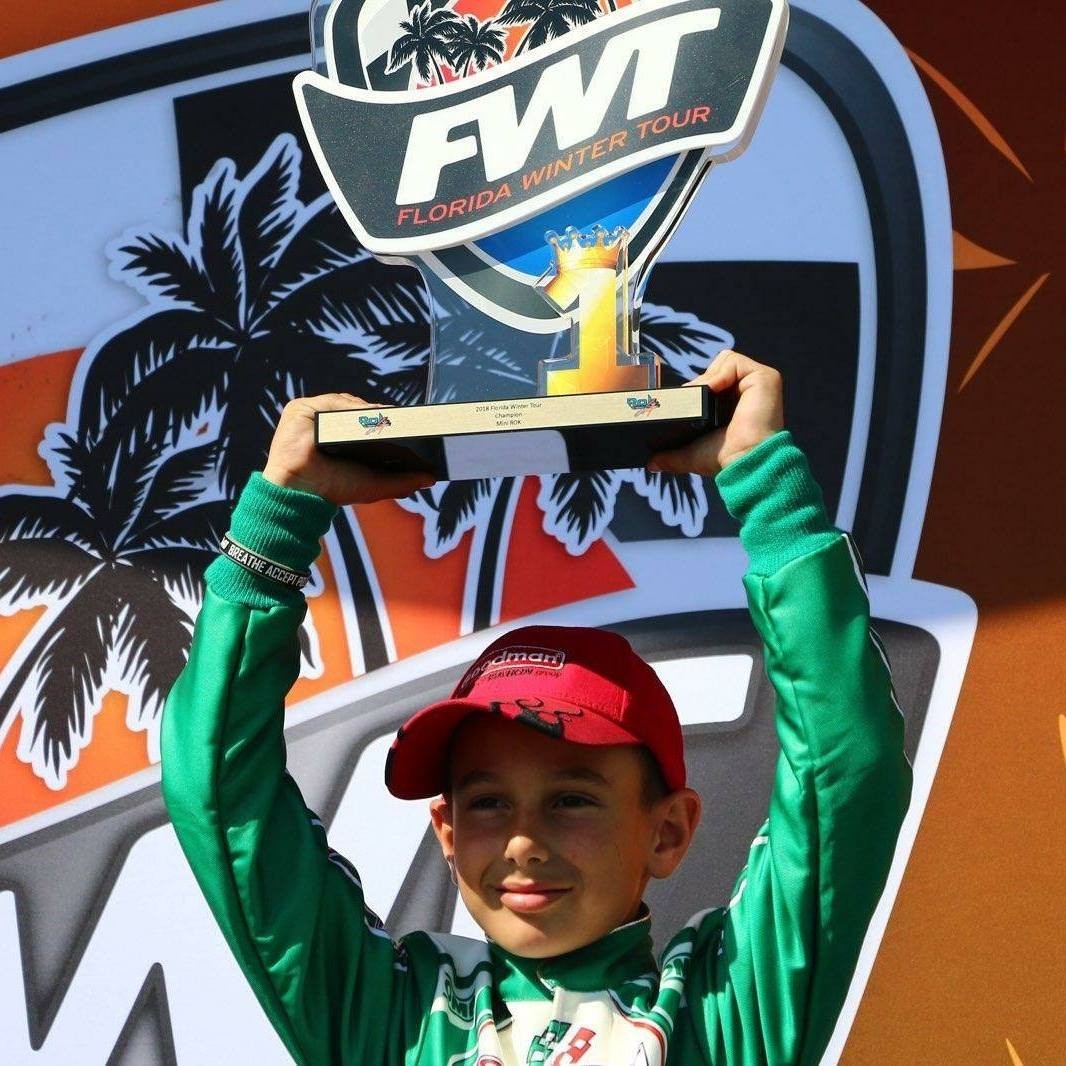How Young Is Too Young? James Egozi

One question many parents and coaches ask about when getting their athlete started on mental training is how young is too young? The answer to this question is based on several factors such as attention acuity, memory retention, and language development. The majority of the youngest athletes who start training at SPMI begin at ages 8 to 10 years old. Athletes under the age of 10 are also pre-evaluated to see which program they qualify for. SPMI's youth mental training program focuses more on behavioral skills training such as routine development, breathing techniques, and goal setting. Athletes who pass the pre-evaluation or are over the age of 10 start with a more comprehensive program that also focuses on cognitive-based techniques. Cognitive-based techniques help athletes strengthen their self-awareness and self-regulation in understanding how to improve the thought processes before, during, and after competitions. These techniques help uncover underlying factors that affect each athlete's performance. This program opens many opportunities for self-performance discoveries while removing maladaptive mental blocks a.k.a. bad mental habits. However, there is another very important question often asked along with the first question.
Does mental training improve performance over time?
This answer is a definitive yes. Similar to training the body physically and technically, mental training is a skill that when consistently practiced throughout a period of time increases performance both in and outside of sport.
Meet aspiring professional racing star James Egozi. When James started training his mental game at SPMI back in 2014 he was only six and a half years old. Now, to this day James is also the youngest athlete to ever train with the company. Before working with James he received a pre-evaluation and even though he passed I was still hesitant to start working with James. Not because he wasn't ready but just because I was so taken back by how developmentally advanced his attentional focus and listening skills were to every question. There were moments during sessions where I felt like I was speaking with a young adult! Although he was very advanced he still was new to mental toughness training. His hunger to learn only fueled his performance even more to where James quickly took on other drivers who were 3 years older than him. Often times, very young athletes are fearless as they have not yet experienced the pressure of expectations from others. The goal at SPMI was to provide James with long-lasting skills that he could practice to maintain his fearless approach while excelling his learning curve under pressure.
Throughout the process, there were challenges as with any other athlete but we always searched for key discoveries and improved solutions to help James learn quickly, stay resilient, and push for more. In addition, James's team did an outstanding job of balancing James's focus and emotions throughout his ups and downs. They made sure that his confidence never wavered. The primary goal was always on how to get better and not on what he did wrong. The team also allowed James to have fun and to release his emotions (both good and bad) even after tough losses. This was critical to James developing trust among his team so that when he went out to race, his mind was in the present and he was able to compete free of judgment, disappointment, and worry.
Fast forward to today; James recently won his second national championship in a row, earned a place on Team USA, and will be competing in 2 World Finals later this year.
Mental Toughness is an invaluable skill that can be learned and improved significantly at any age; however, it's the training approach and the commitment of the athlete and his team that determines the long-term benefits. James is just one of many athletes who's shown the powerful benefits of starting mental toughness training at a young age. SPMI wishes James much success in his youth career and aspiring professional one!
